Genius and Anxiety reveals how Jews changed the arts
mainIn an arts lead in today’s Daily Telegraph, I summarise a theme from my new book, Genius and Anxiety, demonstrating how Jews – and particularly Jewishness – transformed the arts between the middle of the 19th and 20th centuries.
The article is behind a paywall.
Here’s a short extract:
Jews created vast industries of mass music and visual illusion. Immigrant Jews in America established pop music as the soundtrack of our lives and movies as our most popular distraction. Russian pogrom refugees and African-Americans found aural affinities between minor synagogal modes and plantation blues from the Deep South. Inaugurating the jazz age, Jews found the talent (Louis Armstrong ran errands for a Jewish family) and founded the future major labels, Columbia and RCA. George Gershwin, composer of the African-American opera Porgy and Bess, named his mode of composition ‘freygish’ – a Yiddish word for asking a Talmudic question. The aria ‘Summertime’ that opens Porgy and Bess is an inversion of a Sabbath-morning synagogue trope. …
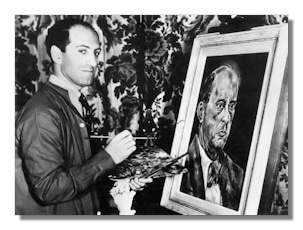
My book, Genius and Anxiety, is on sale in the UK edition from this week.
The US edition is published by Simon & Schuster on December 3.

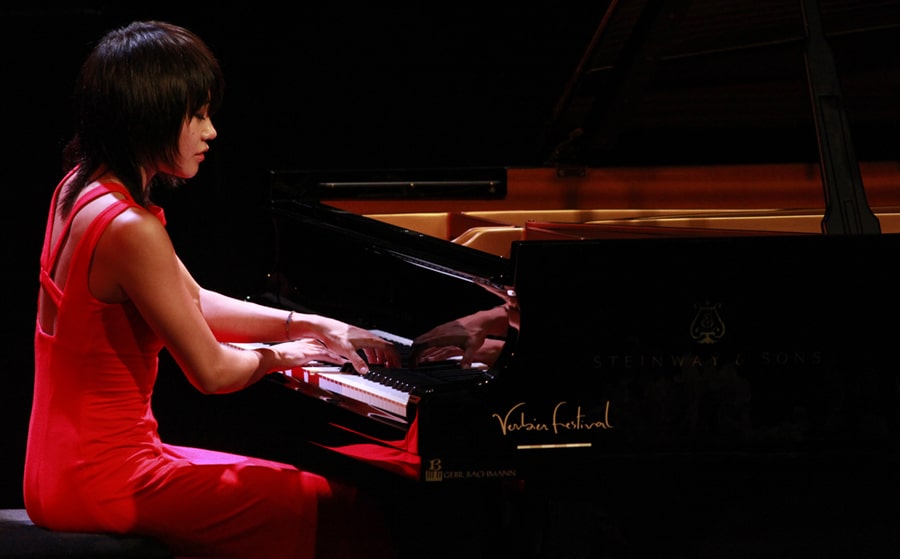
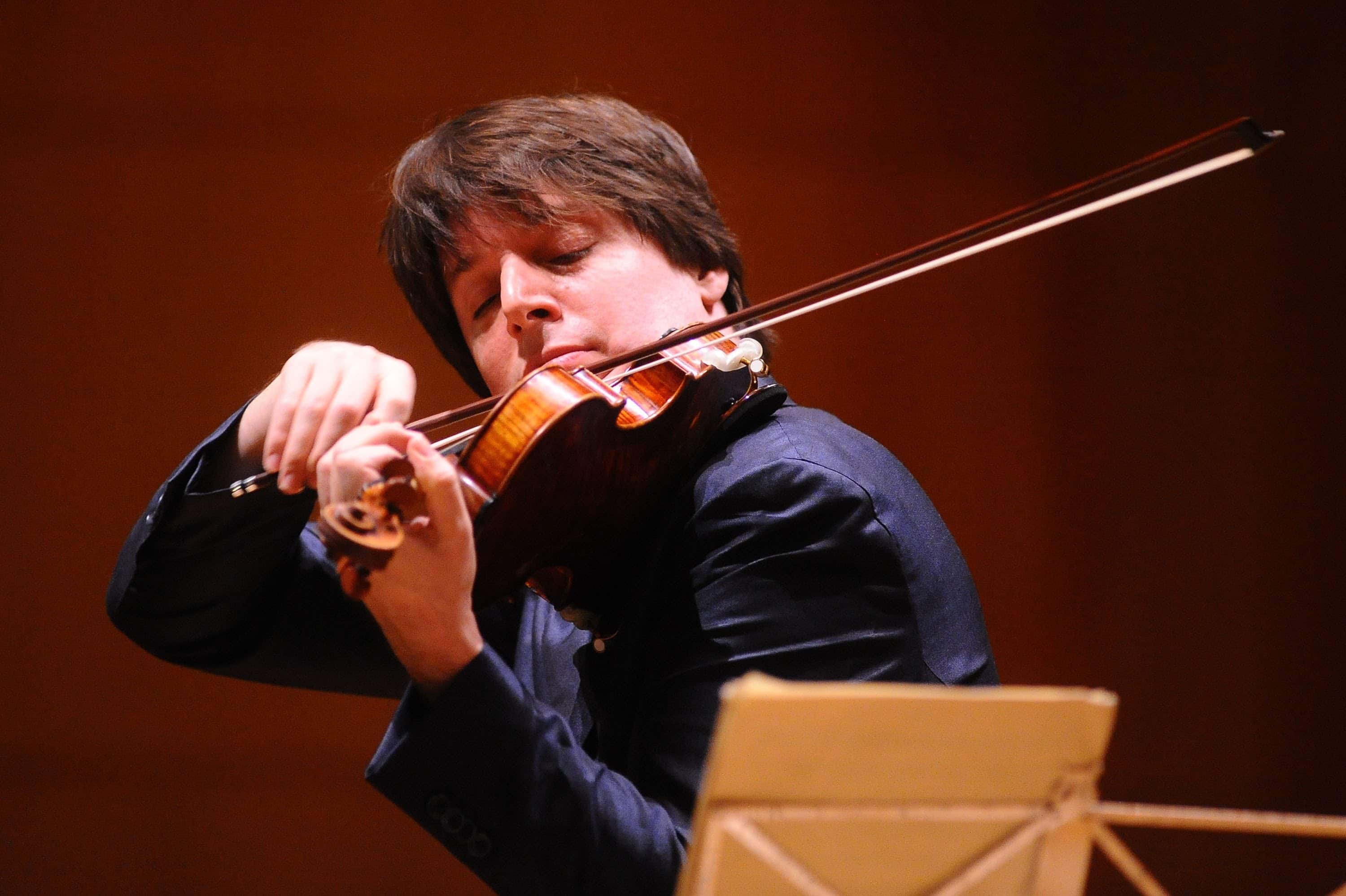
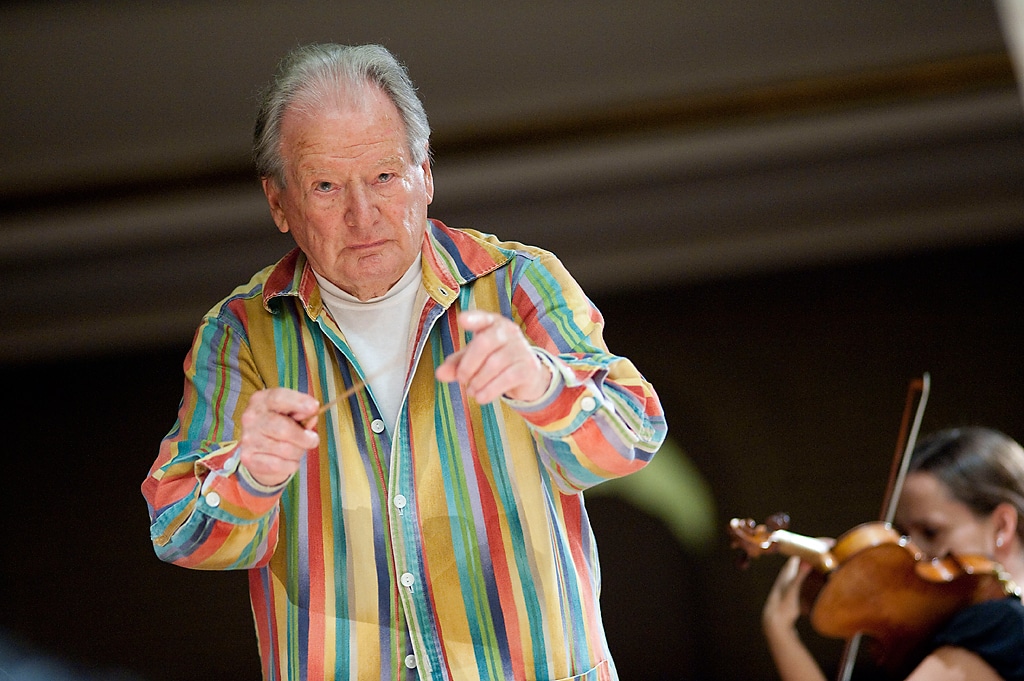
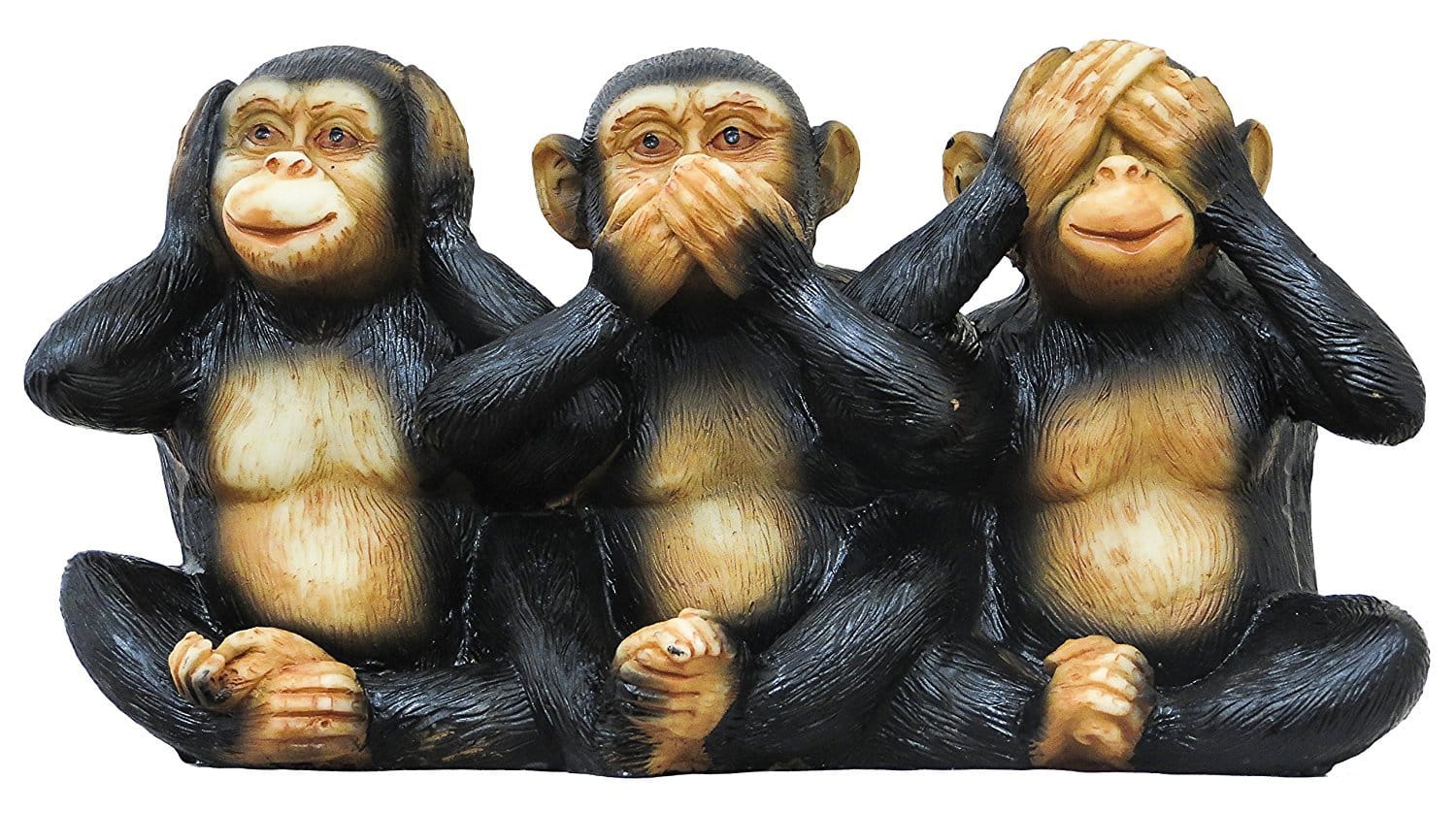
Very interesting. But I’m pondering two questions: 1) are these developments, as far as they are cultural, positive? As far as jazz is concerned, the answer seems to be yes. But the ‘industries of mass music’? 2) is the decisive factor of these developments the ‘Jewishness’ of its authors? Apart from talent, I don’t see any indication that it is being a Jew above anything else which ensures success, whatever that may mean in a given context. Is ‘talent’ something ‘Jewish’? It is so easy to read ‘ethnic chauvinism’ or ‘anti-antisemitism’ in such subjects. When I love cultural achievements of people from ‘Jewish descent’ , that is not because of their ethnicity, but because of their individual achievement. When I love a piece of jazz, it’s not because the author is an African-American. When I love a Beethoven symphony, it’s not because he came from the German Rhineland. But on the other hand, German Rhinelanders were never taboo’d as Jews were (and still often are), so focussing on the Jewishness of cultural influencers can be seen as a compensatory measure.
But the profound integration of cultural and scientific achievements in the West by people from Jewish descent merely shows how totally integrated Jews were, and are. The latent or overt racism of Europeans is their own stumbling block to understand their own civilisation. It seems to me that antisemitism is the proof of a failed educational system and ignorance of what a Western society factually is.
‘It Ain’t Necessarily So’, is the same melody as an Hebraic chant. If you sing or play G-natural followed by D-natural a fifth higher, followed with C-sharp just below, down to the G, up to the same C-sharp, down to C-natural back down to the G-natural and up to the B-flat, it is like the Hebraic chant we sing. Is it Bar’chu et Adonai ham’vorach?
yes. the so-called ahava rabba mode.
And?
An interesting review in the JC
https://www.thejc.com/culture/music/norman-lebrecht-how-jews-changed-the-world-1.489618
Quite surprising to find-out that Schoenberg had a brother called Arthur who also converted back to Judaism.
It’s a small slip on the part of the interviewer.
Yip Harburg also wrote about Israel in “Somewhere Over the Rainbow”:
https://www.ajourneyintotheholocaust.com/know-song-somewhere-rainbow-song-written-israel/